4 Essential Questions to Ask About Photography Insurance
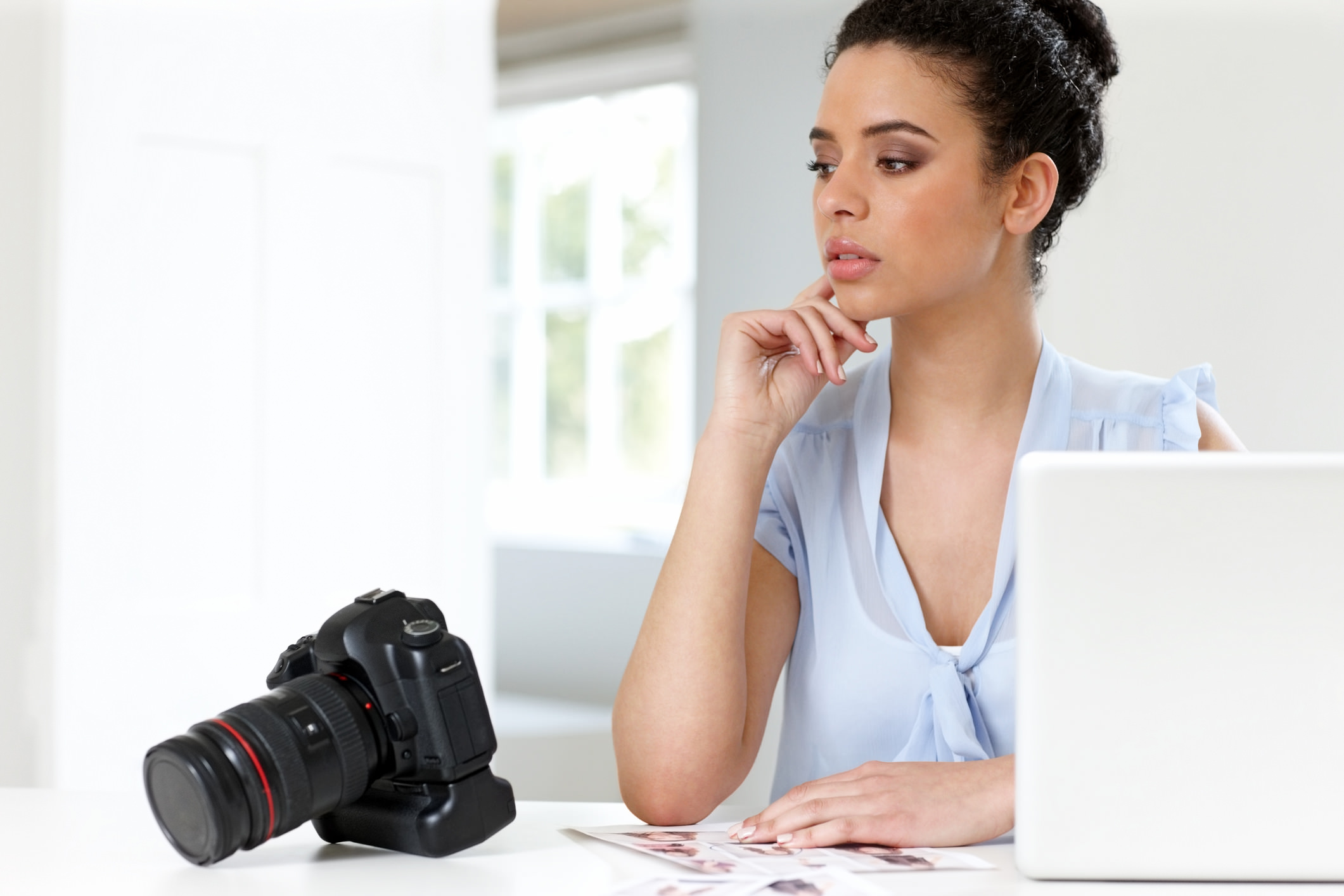
If you've established a photography business - heck, even if you aren't there yet - having photography insurance is critically important.
In fact, it's so crucial to your success that it's probably the single most important thing you can purchase when you're developing your business.
That's right - it's more important than your camera or your lens. more important than the rent you pay for your studio or office space.
It's even more important than the rent you pay for your studio or office space.
Why?
It's quite simple, really.
Photographer's insurance is the one thing that can rectify a terrible situation involving your business life.
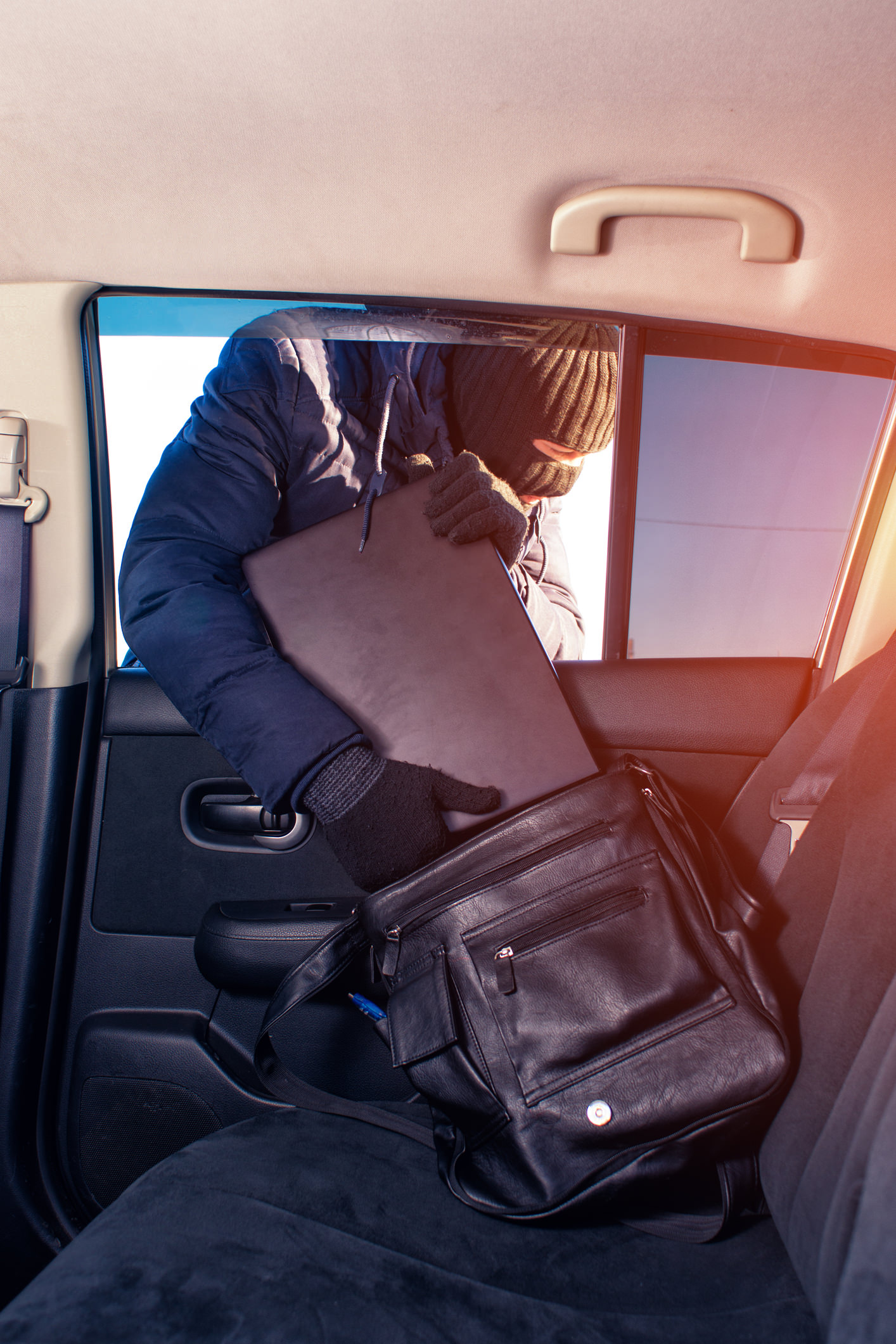
If your gear gets damaged or stolen, your insurance will be there.
If your studio gets flooded or suffers a fire, your insurance will have your back.
If you get sued because a client gets hurt, you needn't worry because you'll have the proper coverage for such events.
You get the point...a lot can go wrong.
When you're trying to sift through all the important features of a photography insurance policy, it's helpful to be armed with a few questions so you're more informed.
Consider these four questions as being among the most essential to ask.
Do I need photography insurance even if I'm not a pro?
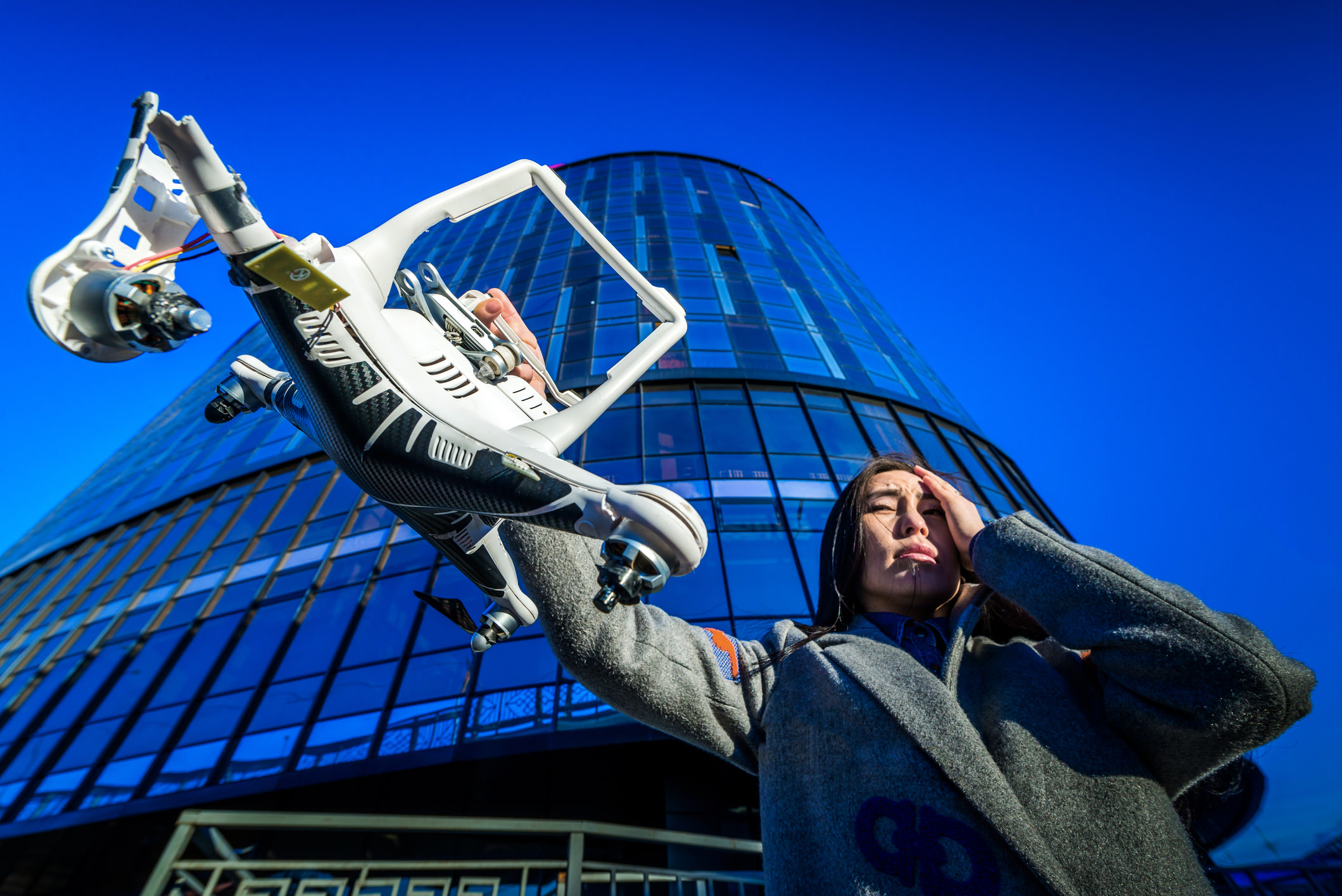
The short answer is yes, absolutely.
The long answer is this...
Even if you aren't a pro yet, even if you don't envision a future as a professional photographer, if you're photographing people that could suffer an injury in places that could suffer damage as a result of your work, you need to be covered. Your gear, which could be damaged too, need coverage as well.
That's where photographer's insurance comes in.
General liability insurance covers you in case someone you're photographing gets injured. That could be as simple as them slipping on an icy sidewalk and breaking their tailbone in front of your workspace or tripping over a cable inside your studio and breaking their arm.
If people get hurt on your watch, you're bound to face the consequences.
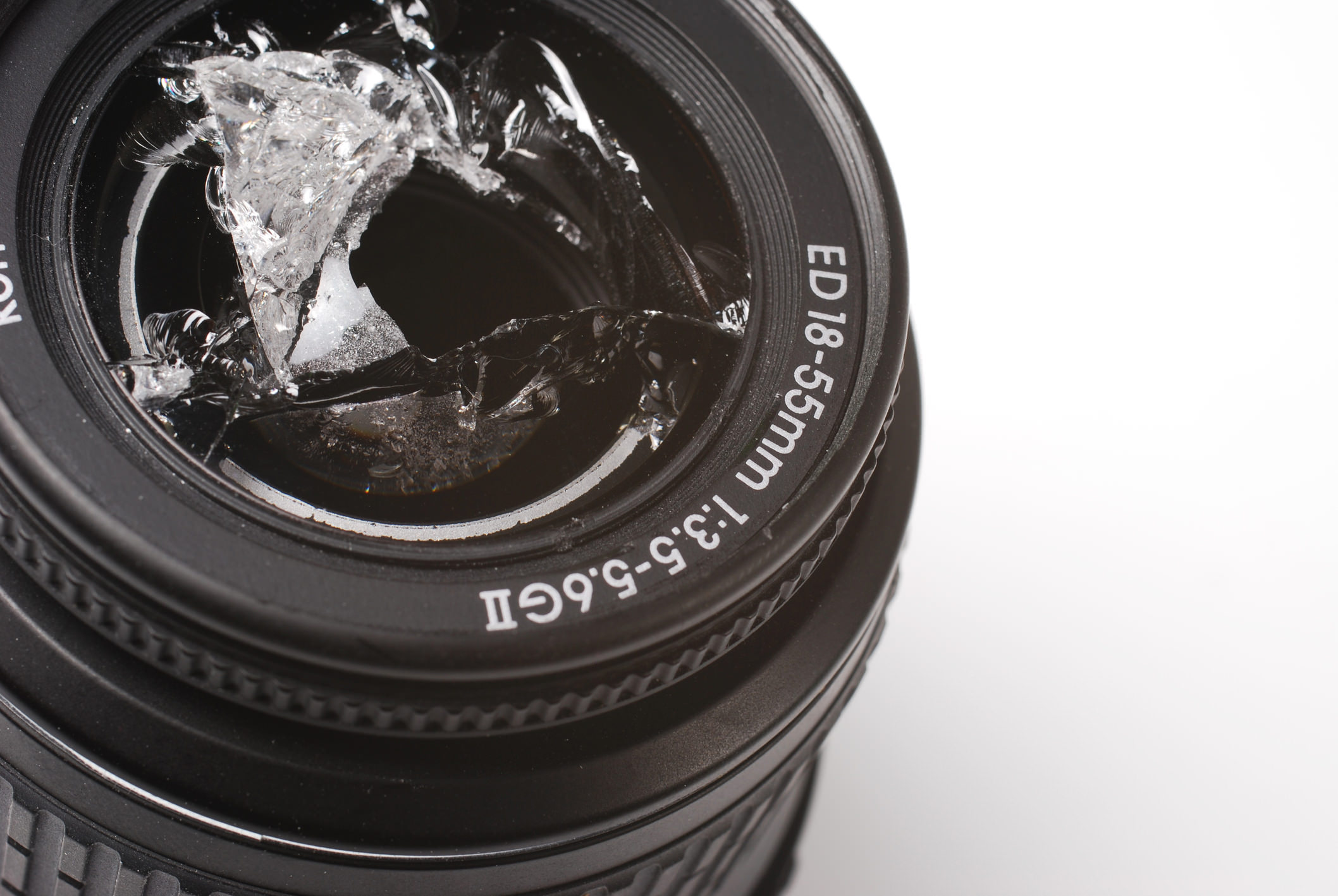
What's more, your gear could be damaged as you're out and about taking photos.
One driver running a red light could spell disaster not just for your body and your car, but your gear could be damaged as well. Having photographic equipment off-premises coverage ensures that if such a calamity happens that you can get your gear fixed or replaced and keep on working.
The point is that even if you don't have a professional studio, a business license, or even a name for your photography business, you still need to have photographer's insurance. It's too much of a risk without it!
What about errors and omissions coverage?
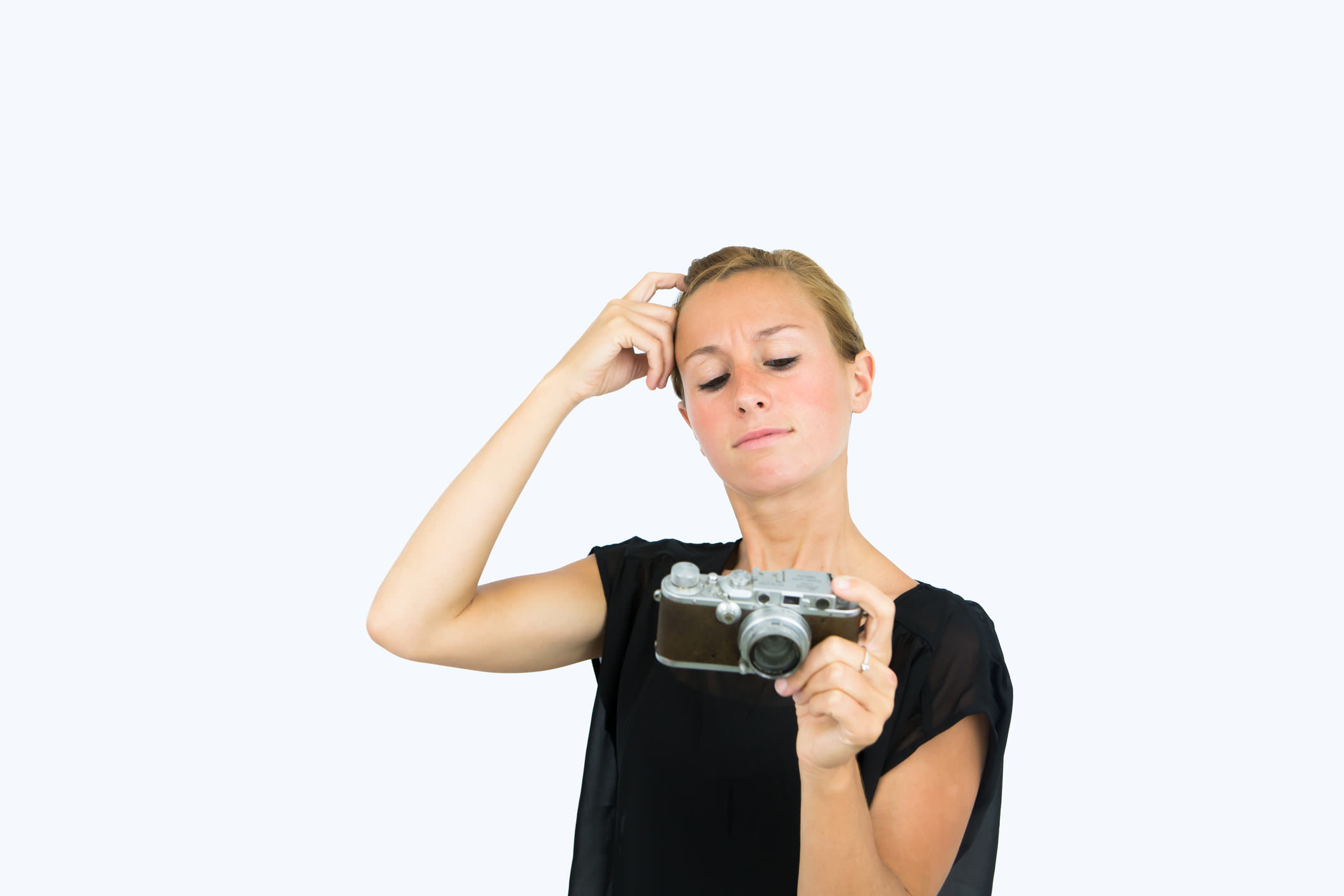
Another critically important aspect of photographer's insurance is having errors and omissions (E&O) coverage.
Where general liability coverage ensures you're protected in the event a client sues you for injury, E&O coverage protects you from claims of negligence by your clients.
Think of it as malpractice insurance for photographers.
Sometimes gear fails - your camera dies, a lens breaks, or a memory card fails.
Other times, the photos you take simply don't turn out because of human error.
You might even do it all right when taking the photos, but then when storing them, the files get corrupted and the images are lost.
Whatever the case, having professional liability insurance will cover any errors or omissions you make, as well as acts of negligence that a client might have claims to should you fail to do your job.
How to I insure my workplace?
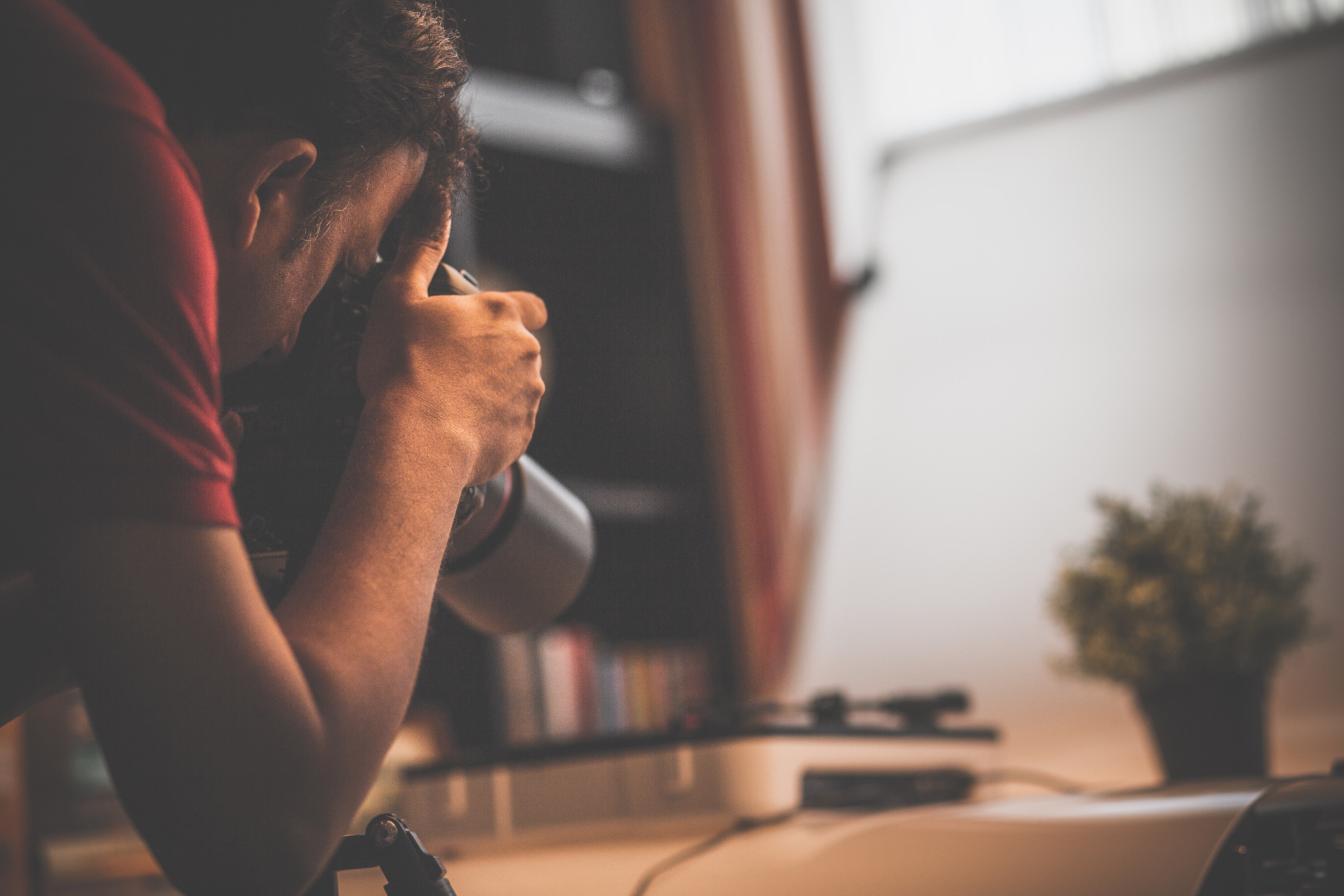
General liability and professional liability policies aren't the only necessary coverage you need.
You also need to have a policy that covers your workspace, be that a studio, your home office, or your parent's basement.
For example, if you work out of your home, even if you have renter's insurance or a homeowner's policy, they might not extend coverage for your business property - things like your cameras, lenses, computers, studio lighting, and the like.
So, in the event of a fire or a burglary, your business property might not be covered.
I don't have to tell you that's not a good situation to be in...
To get covered, add a business personal property policy to your insurance portfolio.
That way, no matter what might go awry, you've got coverage up to the limits that you select so you can avoid a catastrophic loss of business property.
These policies often cover the damage from the incident as well, so in the event of a fire or a flood, you not only ensure your camera gear is covered, but your workspace is covered too.
Where do I begin finding photographer's insurance?

Fortunately for photographers, there are plenty of insurance options available today.
For my money, National Photographer's Insurance is at the top of the heap.
Not only does National Photographer's Insurance specialize in offering insurance policies for photographers, but they are also a small business - just like the one you're trying to build.
They understand the unique challenges of being a small business owner, so they can help tailor your coverage to meet your unique needs.
What's more, these guys offer all the policies mentioned above - general liability, photographic equipment off-premises, professional liability, and business personal property.
In addition, National Photographer's Insurance has policies to cover your business income and extra expenses in the case of a business closure due to a covered event, as well as a policy that covers your valuable papers and records.
That means you get comprehensive photographer's insurance coverage that will keep you protected from harm on all fronts.
National Photographer's Insurance is licensed in all 50 states, has nearly 50 years of experience in the field, and offers services to fit any need and any budget.
No matter where you're at in the process of building your photography business - and even if you never intend to go into business for yourself - be sure that you're protected, your gear is protected, and your business property is protected.
There's enough obstacles to overcome to build a successful business - you don't need to add not having insurance to that list! Do the smart thing and contact National Photographer's Insurance today.
We Recommend
Buying Photography Insurance? Ask These Crucial Questions First

When you start a photography business, it’s hard not to think of all the fun and exciting tasks that lay before you.
It’s a challenging job, yes, but also one that can be incredibly rewarding.
And though the fun stuff - shooting photos, interacting with clients, processing your images, and so forth - is something to look forward to and enjoy, there’s practical matters you need to tend to as well.
Things like securing a studio or office space, getting your books set up, and getting the proper insurance coverage so that you’re covered in case something goes wrong.
Some of you might even have an established business already. Still, whether you’ve been doing this for decades or you’re just starting out, there are a few questions you need to ask when looking for photography insurance.
How much does your general liability policy cover?

It’s important to find the right balance between the amount you pay and the coverage you receive.
For example, if you set extraordinarily high limits as a “just in case” you’ll end up paying a premium that’s extremely expensive. On the other hand, if you establish a very low limit of coverage, you could find yourself in a jam if something catastrophic happens.
As a rule of thumb, you should have a general liability policy of $1,000,000. On the one hand, that amount isn’t so exorbitant that you’re paying unnecessarily high premiums. On the other hand, it’s a large enough amount that you’ll be protected in the event that a client is injured while on your premises.
Of course, that’s just a general rule of thumb, and depending on your specific needs, your policy might need to be lower or higher. Either way, you cannot operate your business without liability coverage!
Does your policy include off-premises coverage?

Naturally, you won’t spend your entire career in your office or studio. That means that you need to have off-premises coverage for those times when you’re on location or in transit.
When you head out into the world, there are a number of everyday events that could spell disaster for your gear.
You might get into a car accident on the way to the shoot and find that both your primary and your secondary camera bodies have sustained damage.
You might trip over a crack in the sidewalk, hitting your lens on the concrete and shattering the front element.
While shooting at the beach, a gust of wind might deposit so much sand in your camera body as you swap out lenses that it stops working.
You get the point…
Having the right amount of off-premises coverage means that these and other calamities are covered. A popular amount of coverage is $5,000 per item and $25,000 per occurrence. That means that unless you have every piece of gear with you and every piece of gear is damaged simultaneously, you’ll have all the coverage you need.
What if someone breaks into my office or studio?
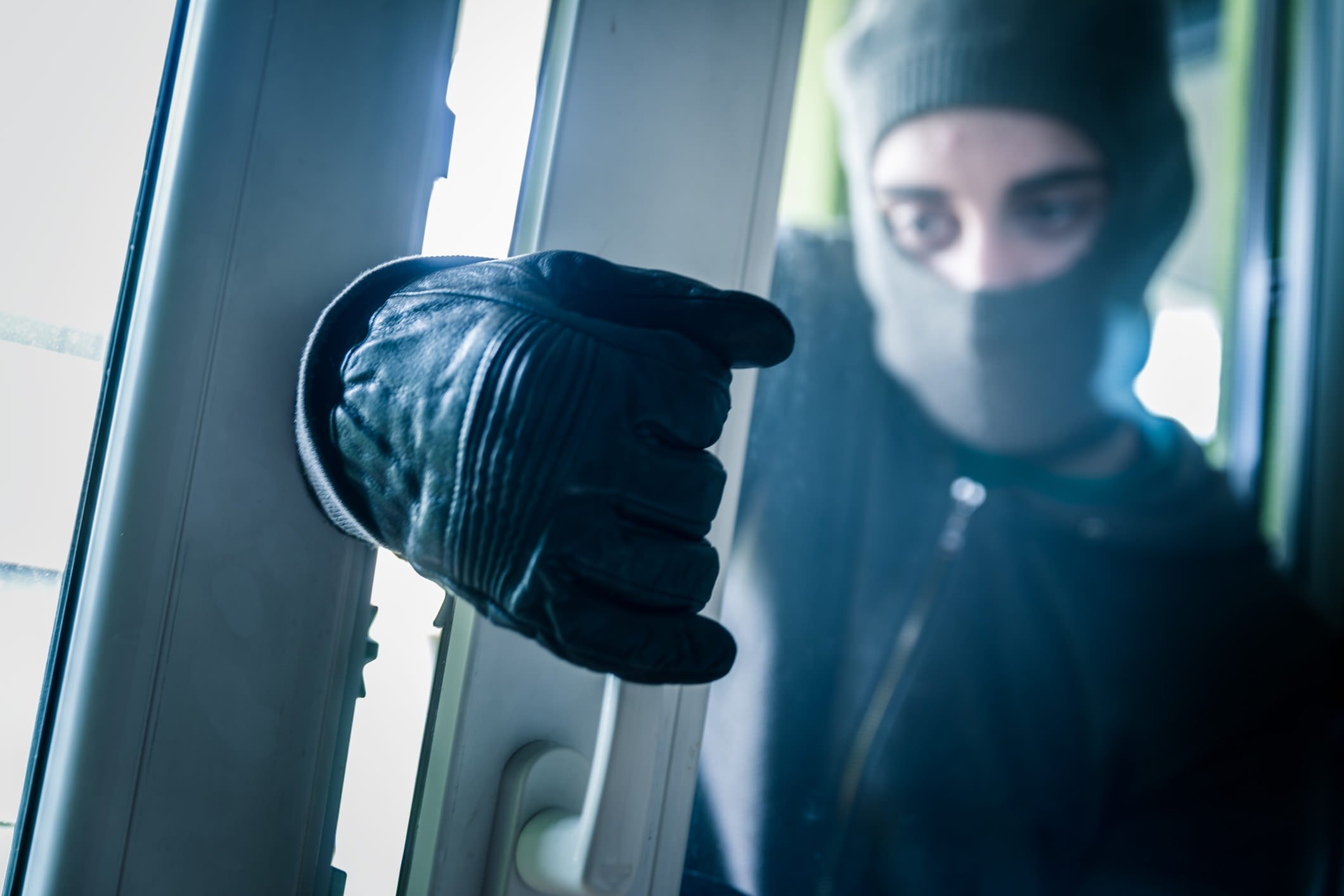
Of course, calamities can occur without leaving your office or studio space. Theft is an issue that you have to protect yourself against, again, by having the right coverage in the right amount.
Let’s say you head to work one morning and find that the front door has been broken. You enter your studio to find all your cameras and lenses missing.
Obviously, this is a disheartening situation, but having business personal property coverage allows you to replace the stolen items and even repair the damage to your studio right up to the limit you select.
As with the general liability coverage, a $1 million policy is common to ensure you can bounce back from this kind of event. However, you can choose lower or higher policy amounts depending on the specific needs of your business.
What if my office or studio is damaged somehow?
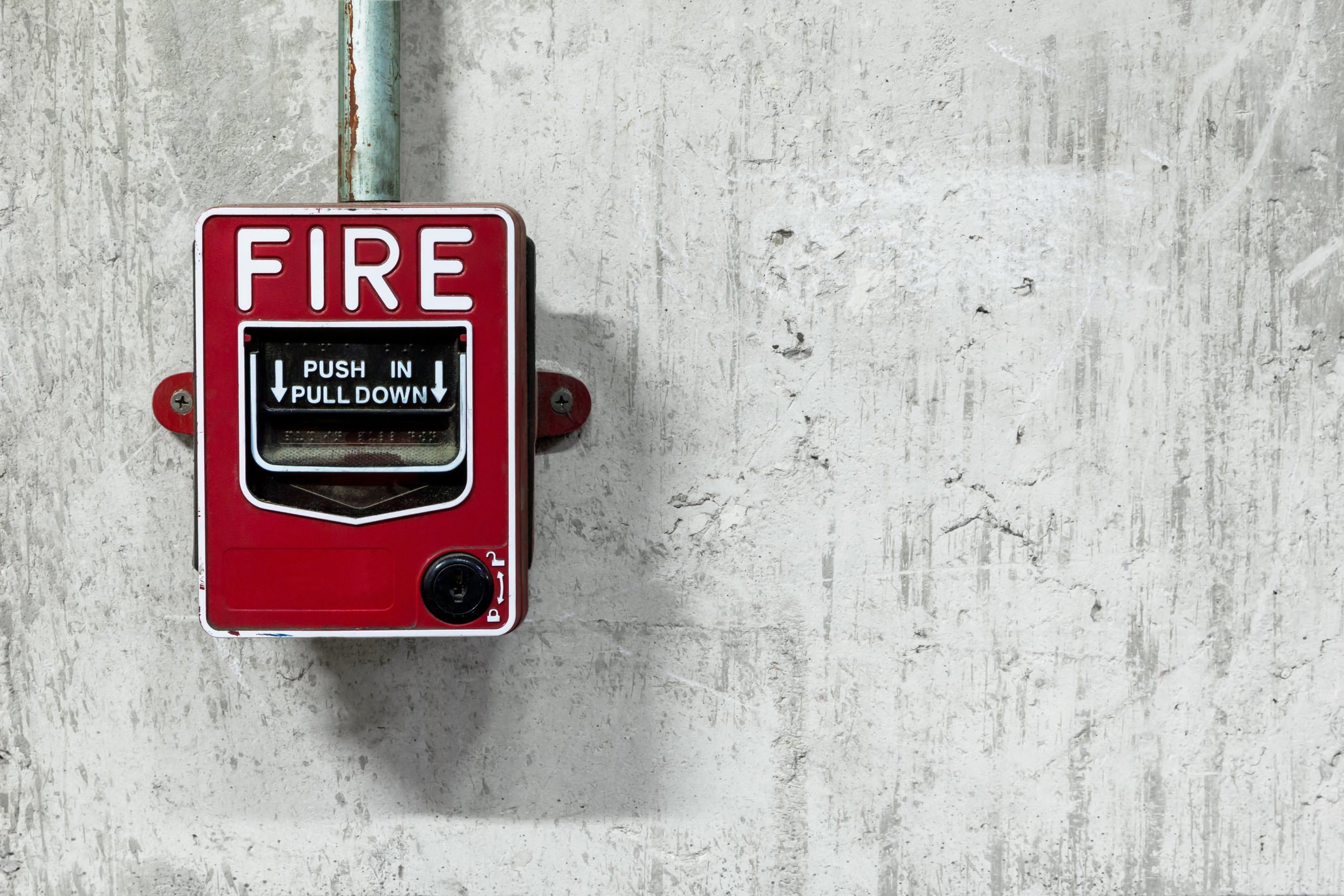
Another event that could spell trouble is something going wrong in your office or studio space - a fire or flood, for example.
In that kind of event, your business could be derailed for an extended period of time. Not only do you have to deal with the loss of property, but you also have to deal with finding a new place to operate your business while your current space is rebuilt or repaired.
That means you need to have coverage for business expenses and repairs.
This addition to your insurance policy gives you up to a year of coverage that offsets the loss of income due to a loss like a fire or flood. That means you can rest easy knowing that you won’t be out on the street because of reduced revenues as a result of the damage to your studio.
What’s more, a policy like this includes extra expenses that help you get back on your feet. For example, your policy covers the costs associated with setting up a temporary location while your office or studio space is repaired. That’s why getting the right insurance is such an important step to improve your business this year.
How easy is it to get a quote?

You certainly don’t have time to spend hours talking to an insurance agent about the coverage you need. After all, you have a business to run!
That’s why it’s important to find an insurance company that makes it easy for you to get a quote so you can weigh your options, select your coverage, and get back to making money.
A great option for this is to get an online quote. National Photographer’s Insurance offers custom online quotes that require just a few minutes of your time.
Enter your information and your business information using simple text boxes and buttons, and they’ll construct a quote that’s right for you.
Not only that, as mentioned above, they’ll dial in the right amount of coverage based on your inputs. That means you won’t pay for policies you don’t need - just the coverage that’s vital to protecting you and your investment in your business.
In fact, what makes it so easy to work with National Photographer’s Insurance is that they specialize in working with photographers. They’ve been in the business for over 80 years, so they have an intimate understanding of what you need.
What’s more, National Photographer’s Insurance is a small business, so they don’t just know what you need as a photographer, but what you need as a small business owner too.
That means personalized service, the right coverage for your business, at a price that you can afford. That’s a combination that’s hard to beat!
So, when looking for insurance coverage, don’t just ask these crucial questions first. Be sure you pair up with National Photographer’s Insurance so you know you have the coverage you need to protect your business for years and years to come.
We Recommend
Have a Photography Business? This is Why You Need Insurance
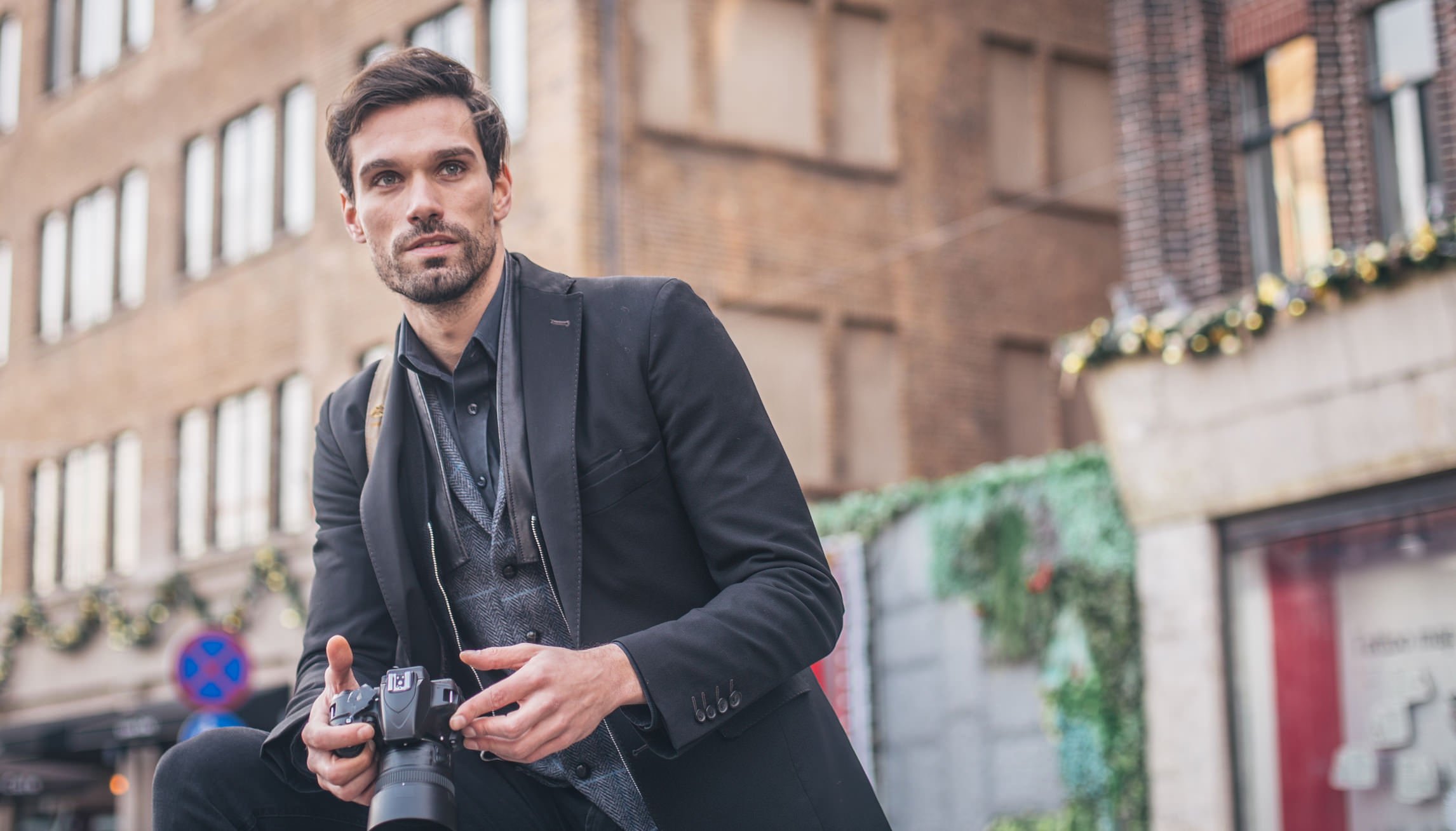
If you own your own business, you understand the sheer amount of work, effort, and time it takes to make it into a successful venture.
You also understand the need to rely on others - from an assistant to a bookkeeper to your family and friends - to get the things done that need to get done.
It's a lot of work, to be sure, but the rewards of self-employment can be awesome.
To make the most out of those rewards, you have to protect yourself, your gear, and your business from harm.
One way to do that is to have the right insurance policies so you're protected in case something goes awry.
Yet, many self-employed photographers overlook this all-important step, putting their livelihood in grave danger.
Here's a quick review of a few reasons why photography insurance is a must.
You Need to Protect Your Business
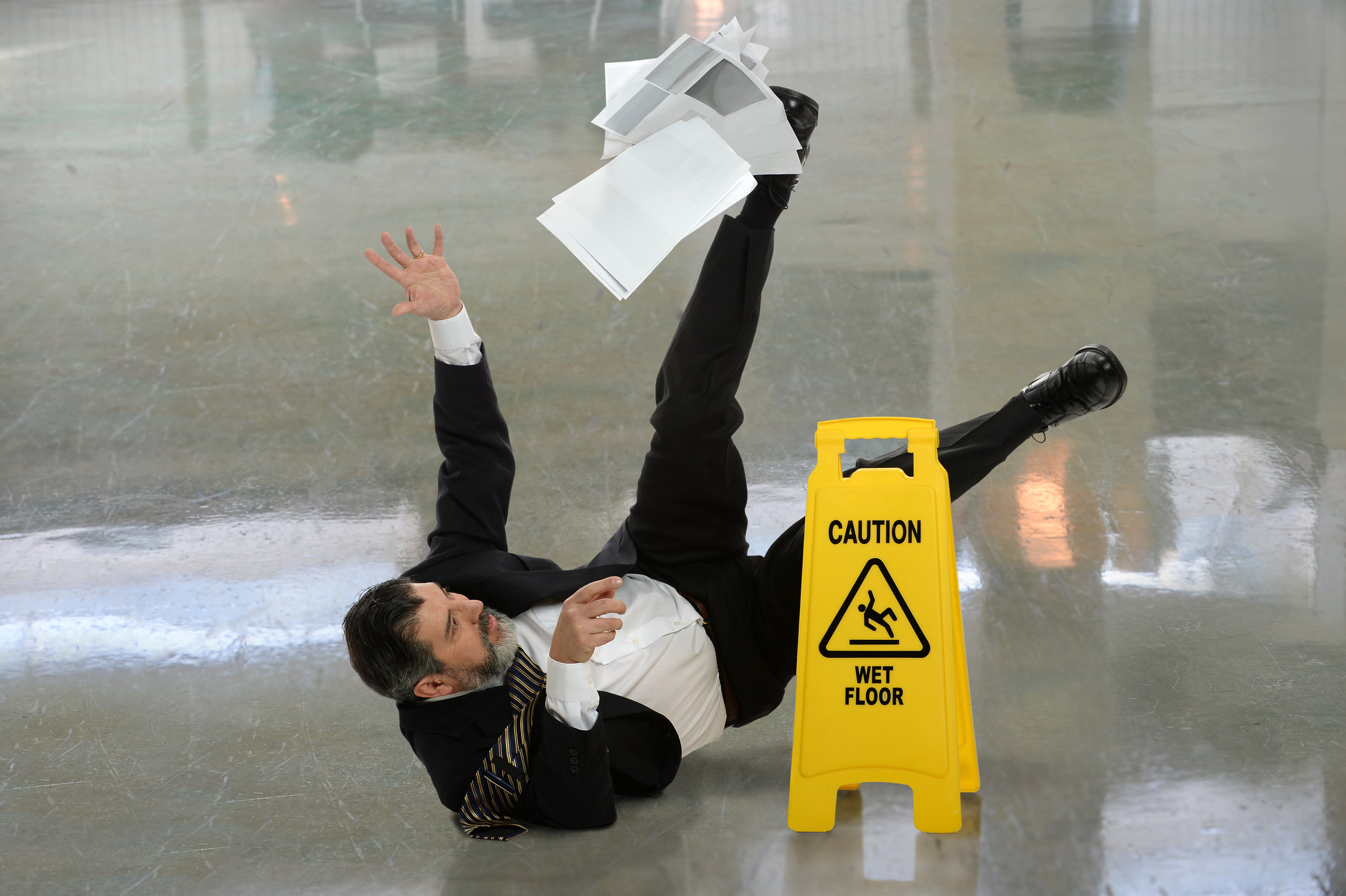
Liability insurance is an absolute must-have, because if disaster strikes - a client injuring themselves on your property, for example - you need an insurance policy to protect you.
Even if their injury is minor, the expenses of being sued (not to mention the time it would take away from working) can add up very quickly.
A general liability policy helps protect you in such situations. In fact, some companies offer policies up to $2 million per occurrence ($4 million aggregate). That means you have the peace of mind that inviting clients to your property to do a consult or a photo shoot won't end up with you in court if they somehow get injured.
You Need to Protect Yourself
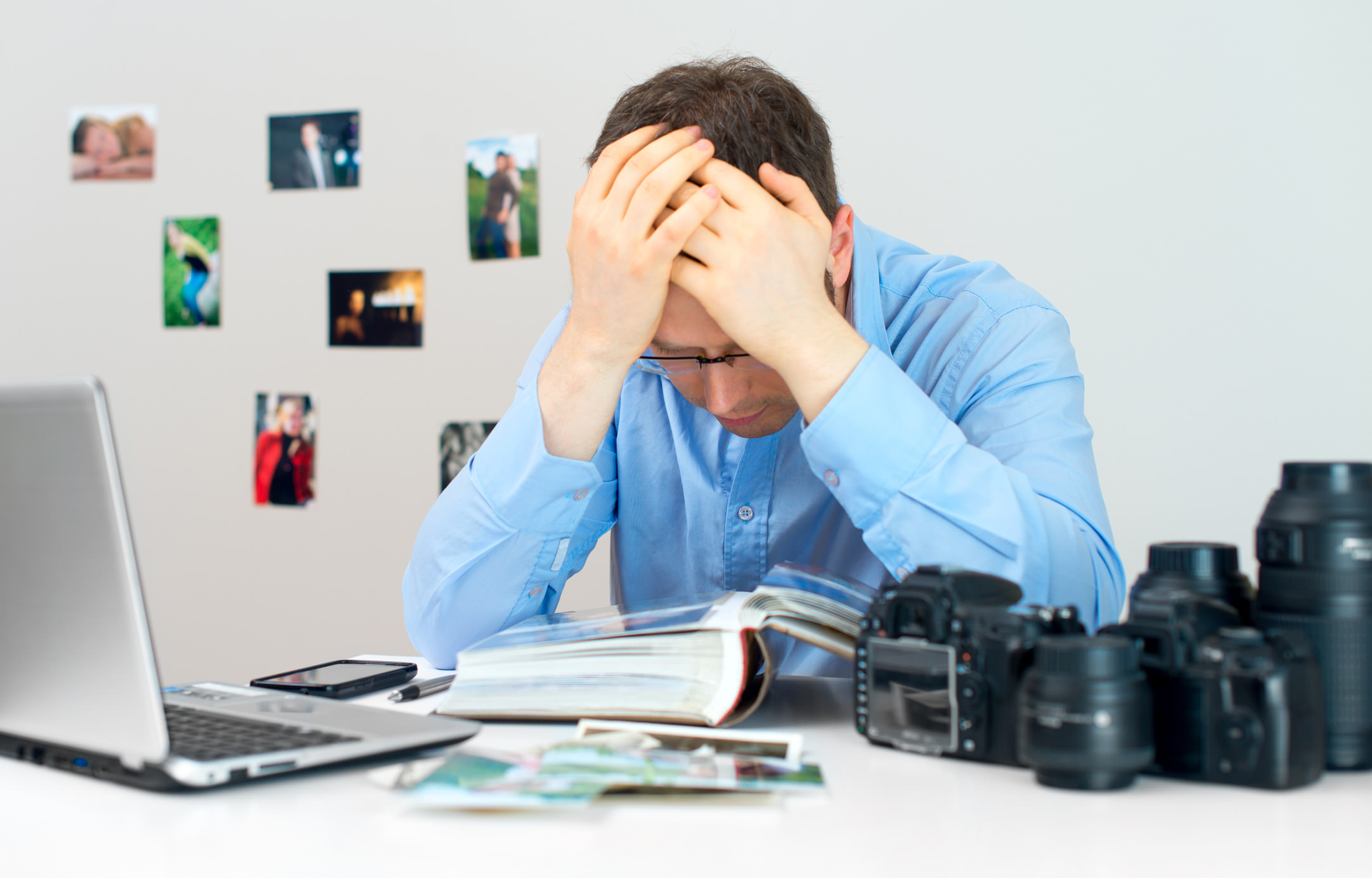
As good of a photographer that you are, that doesn't make you infallible.
Errors or accidents by your hand will occur at some point, and when that point comes, having the right insurance protection could mean the difference between your business continuing to thrive and your doors being closed for good.
Whether it's a professional error that leads to poor quality photos that the client refuses, an act of negligence on your part that results in injury to someone while on location or omitting shots the client wanted from their shot list, you need professional liability insurance.
What's more, some venues may require that you have proof of insurance before they even let you on the grounds, as they should. As a business themselves, the venues where you might be working need to ensure that the people providing services on their premises are properly covered so they don't end up in legal hot water should something go wrong.
You Need to Protect Your Gear
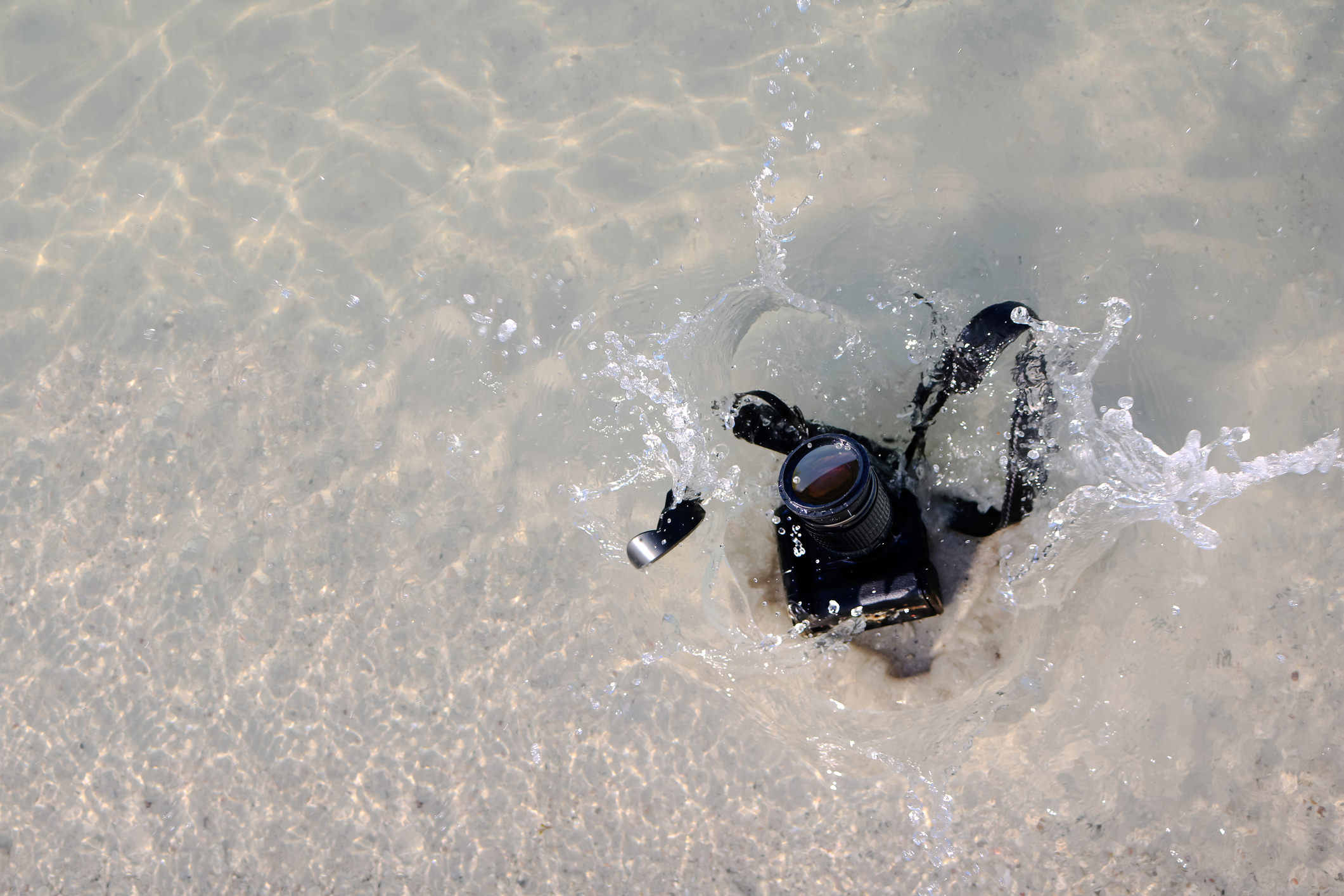
Second only to protecting yourself and your business is protecting your gear.
The notion that some photographers work without insurance policies to cover their expensive cameras, lenses, and other photography equipment is just plain crazy.
Yet, some photographers roll the dice in the hopes of not having to spend a few dollars on proper insurance coverage.
I don't have to tell you that's a bad plan!
Accidents happen. Some due to your actions and others due to the actions of others. You never know when you might trip and fall, damaging your primary camera body or when you might accidentally drop your lens, breaking the front element.
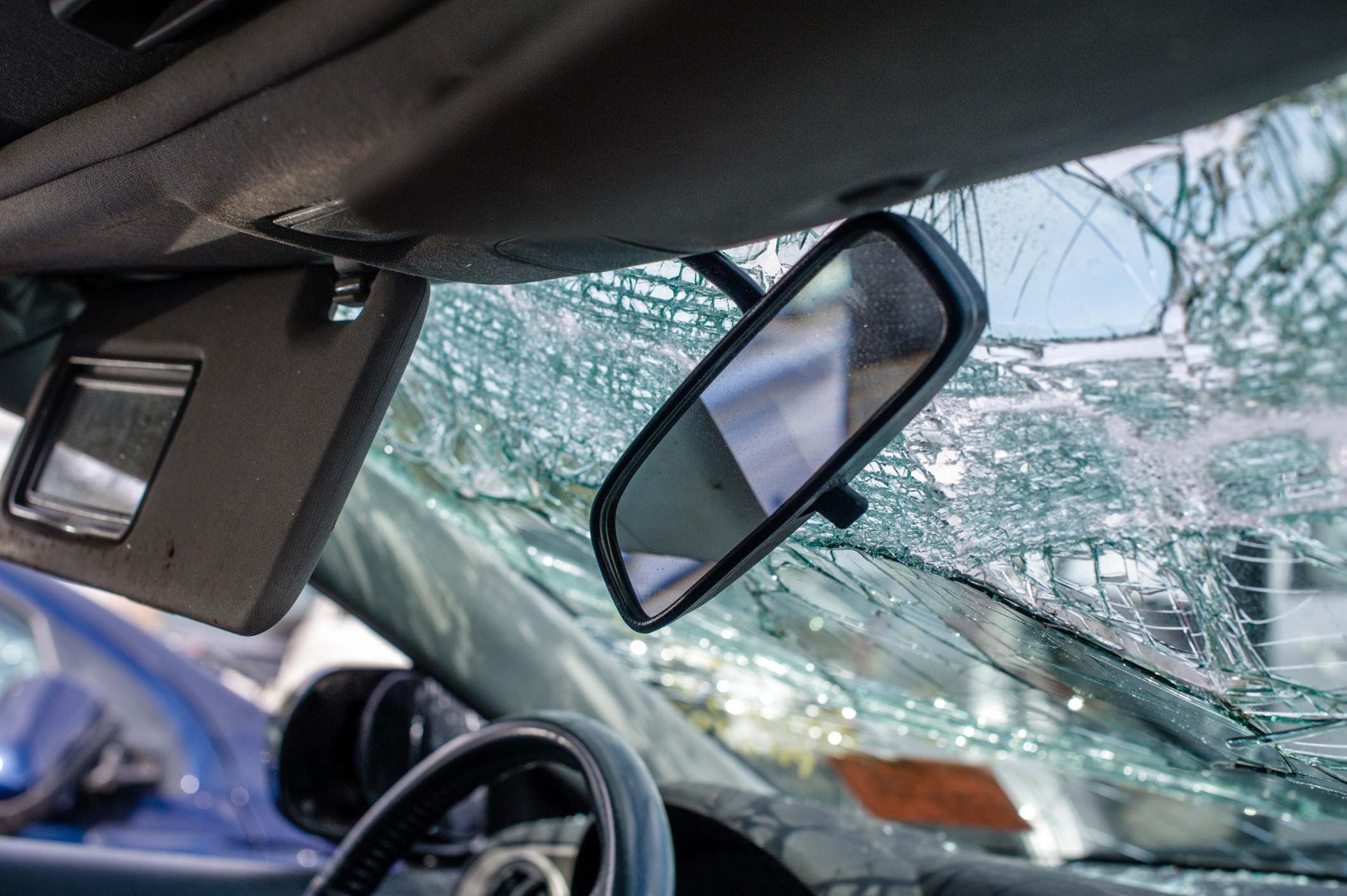
What's more, if you travel from one location to the next, being on the road with other drivers means that at any moment you might be involved in an accident that, in turn, damages the gear you need for your livelihood.
There's just too much risk not to have that gear protected!
By investing in a photographic off-premises insurance policy, you've got the coverage you need to account for eventualities like those described above. With coverage up to $5,000 per item and $25,000 per occurrence, you can rest easy knowing that when an accident occurs that you can replace damaged gear in a timely fashion without having to bail yourself out with out-of-pocket expenses.
You Need to Protect Your Income
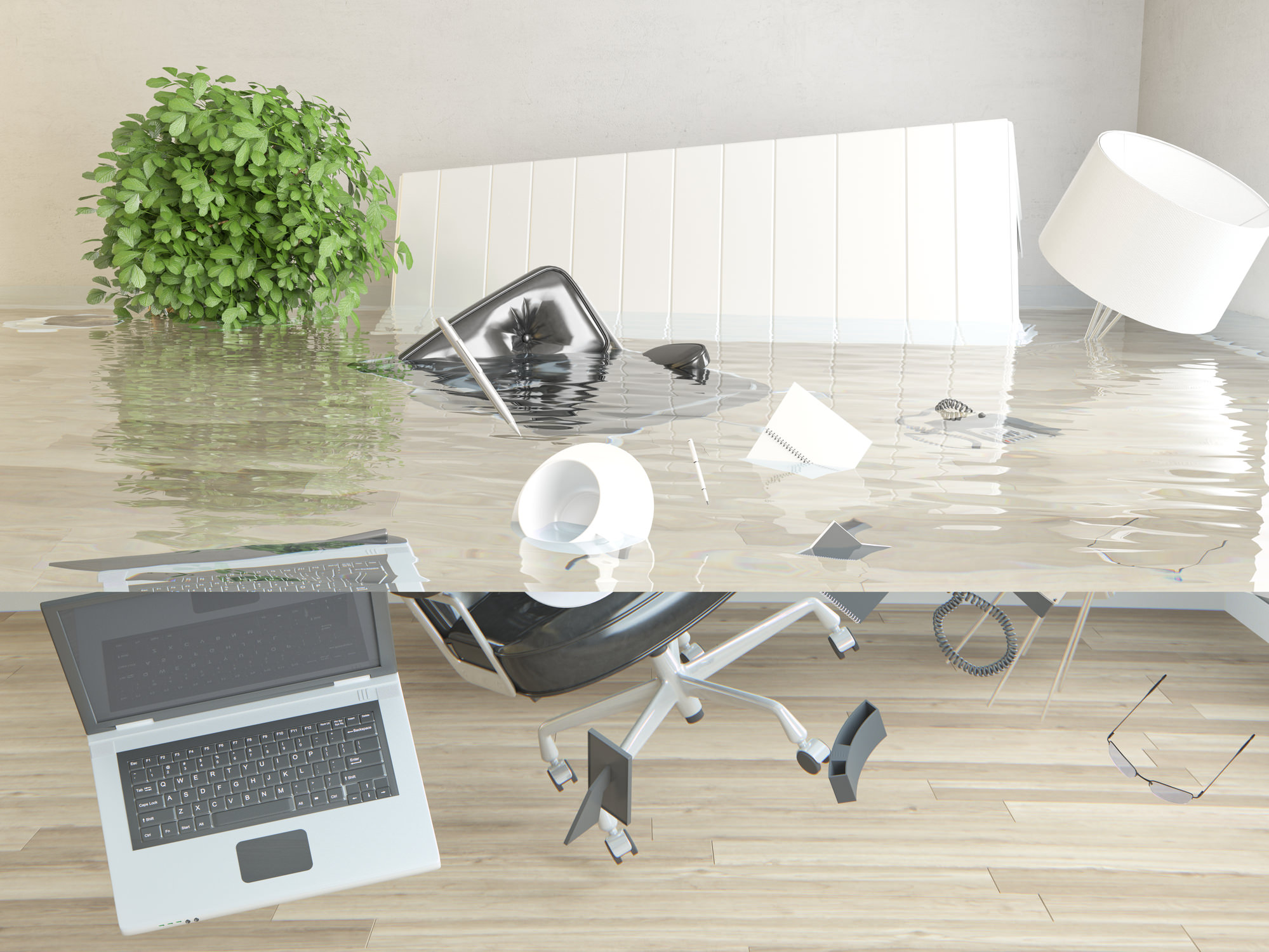
I know you might be wondering what I mean by protecting your income...
It's simple: Let's assume that your office or studio space is damaged in some way and that the damage is serious enough that you won't be able to work in that space for several months.
Then what?
You can't afford to shut your business down during that time, which is why you need a business income and personal expense policy.
This kind of policy is offered such that you can continue to work in the event of a covered loss, like fire or flood damage.
If such an event occurs, your business income and personal expense policy kicks in, giving you up to 12 months of coverage for fixed expenses and lost income due to the loss.
Additionally, this kind of policy will cover expenses related to setting up shop in a temporary location while your studio or office is being repaired.
That's not bad peace of mind!
Get Coverage From a Trustworthy Company

You might think that all insurance companies are alike and that what one offers you in terms of coverage is what the next one will offer as well.
Though many insurance providers have a lot in common, something to look for is an insurance provider that specializes in working with photographers.
For my money, no one knows the needs of small business owners and photographers like National Photographer's Insurance.
Here's the thing: photography businesses are a unique animal. During the off-season, you might just have one or two employees. During peak season, that might balloon to 5, 10, or even more.
National Photographer's Insurance understands that because, as their name implies, they work exclusively with photographers to devise coverage that works for your specific (and changing) situation.
Better still, National Photographer's Insurance is a small business, just like yours, so their agents know exactly what obstacles you face and what policies you need to protect your investment and your future.
They've been in the business for over 80 years, giving peace of mind to photographers across the country. Don't waste another minute without having proper coverage. Contact National Photographer's Insurance to get protected today.
We Recommend
Simple Photography Business Tips for Beginners

Starting a photography business - or any business, for that matter - is a scary proposition.
Not only is it a huge expenditure of money, but you also have to invest an incredible amount of time in getting your business off the ground.
What's more, once you've started your business, you have to work incredibly hard to sustain it by producing a good product, having excellent customer service, and carving out a niche in what can only be described as an ultra-competitive industry.
The odds aren't in your favor, either.
Something like 8 out of 10 businesses fail in the first year.
And while that's not exactly a positive way to start thinking about building a business, that's necessary knowledge because if you don't take the required steps, you'll end up in the 80 percent that fail and not in the 20 percent that make it.
With that in mind, let's explore a few very basic, beginner tips you need to think about as you work on starting your business.
Being Your Own Boss is Great...and Isn't Great Either
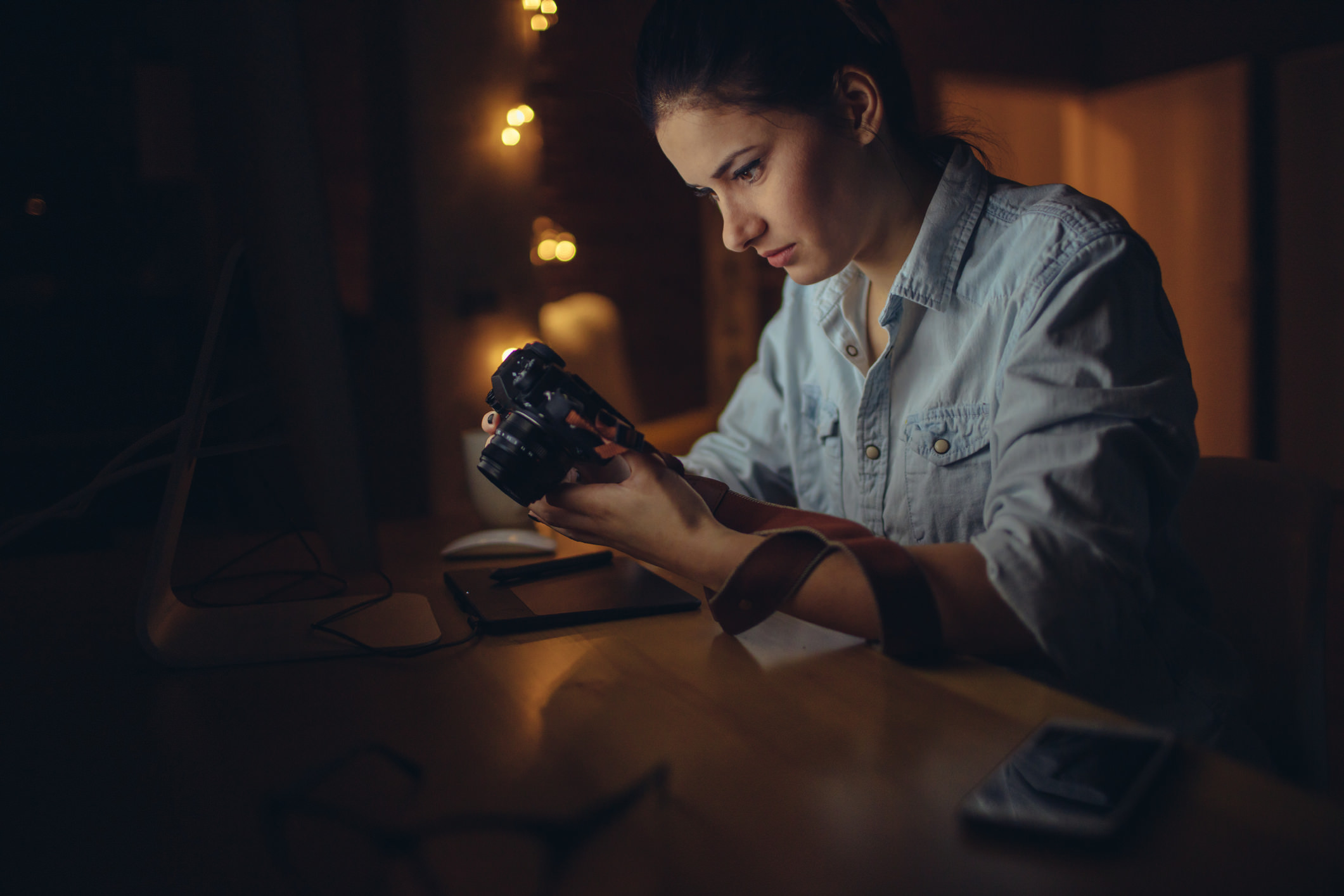
Sure, being self-employed sounds like nothing but sunshine and rainbows.
After all, there's no one to tell you what to do. If you want to sleep in and start working at 10, you can. You get to decide how much money you make, what clients you accept, and when to take vacation time.
Right?
Not exactly.
Yes, being your own boss means you're in charge. And that means you can determine what prices you charge your clients, what jobs you take on, and the hours you work - at least in theory.
But the reality is that sometimes those things aren't determined by you at all.

For example, when you just start out, you might think you can charge your clients $5,000 for shooting a wedding. Of course, if no one is willing to pay you that rate, you'll have to reduce it.
The same can be said for the hours you work...
Perhaps you have no interest in working after 5:00 pm, but if you're struggling to make money and there's an opportunity to schedule some evening portrait sessions, guess what - you'll be working after 5:00 pm.
I don't mean to rag on being your own boss. Take it from me - as someone that's self-employed, there are many, many perks.
But to think that it's ideal and that you can do whatever you want, whenever you want, is a line of thinking you need to get rid of really quickly!
You'll Need a Team

Something you'll learn very quickly is that being a self-employed photographer does not mean you can be a one-man-band.
Even if you don't have people working with you in your studio or office, like an assistant, you'll need a whole lot of help from other professionals.
If you aren't tech savvy, you might need to hire someone to build your website or design your logo.
If marketing isn't your strong suit, pairing up with a social media guru will be a good idea too.
And then there's things like protecting yourself and your investment by teaming up with the right insurance agency.
Not all photographer's insurance is built the same, which is why I strongly recommend National Photographer's Insurance to get the coverage you need.
As the name states, National Photographer's Insurance works specifically with self-employed photographers to ensure their businesses are protected from calamities that could spell financial ruin.

You can get coverage for your business property to protect against losses from theft, get an off-premises policy to protect your photography gear while you're going to, coming from, or at a shoot location, and get professional liability and general liability insurance in case something goes wrong and you're the subject of a lawsuit.
Heck, National Photographer's Insurance even has policies that cover you for lost income in case your business location is lost to fire or a flood and gives you options for adding coverage for valuable papers and business-related records too.
In other words, these guys have thought long and hard about what's important to the success of self-employed photographers like you and built a host of coverage options that protect you from A-Z.
National Photographer's Insurance has been at it for more than eight decades, and they are a small business themselves, so they know exactly what they're doing.
When you're building your team for your photography business, be sure to include experts like National Photographer's Insurance.
Photography is Not an "If You Build It They Will Come" Sort of Deal

Just because you have all the necessary camera gear, a website, and a few business cards doesn't mean that you're going to be flooded with walk-ins and phone calls by people interested in acquiring your services.
That would be nice, but it's just not the reality.
Like any other type of service industry, photographers have to actually sell themselves and their services to their target market.
Marketing might not come naturally to you, but if you are to establish a business that's successful in the long-term, you'll need to learn quickly.
On the one hand, you could just farm out your marketing needs to an expert, not unlike you do with your accounting or insurance needs.
On the other hand, there's a lot you can do to spread the word about your business.
Social media is a powerful (and relatively free) tool at your disposal for getting some recognition going on.
You can post your images to Facebook and Instagram to build a following based on your work.
You can blog about photography tips and tricks and post videos to YouTube to establish your expertise as a photographer.
Watch a social media course by Andrew Scrivani and B&H Photo in the video above to get an in-depth look at the power of social media for photographers.
It's also necessary to go about marketing in the old fashioned way too...
That means volunteering at local events and pounding the pavement to meet people to get your face out in the community.
That also means working with other folks in related industries to work out a mutually beneficial arrangement.
For example, if you're a wedding photographer, you might visit local bakeries and flower shops to see if you can work out a deal to send business each other's way.
The point is that you have to work and work very hard to get your name out there - don't just open up shop and assume people will be able to find you!
It Will Take Time

I've read some really inspiring stories about people that made their Instagram obsession into a successful photography business.
I'm talking about relative novices photographically speaking, that spend a lot of time and energy teaching themselves how to take better photos with nothing but their phone, and parlayed that into lucrative photography gigs taking photos for Fortune 500 companies, following bands around on tour and capturing images, and posting photos to social media to promote various movies and products.
But believe me when I say that those sorts of opportunities are very rare.
Building your business will take time and a lot of it.
That doesn't mean that you can't dream, though.
As noted above, become a social media guru and post photos, tutorials, blogs, and videos.
Get your name out there amongst the masses - it will only help your cause.
And remember that being your own boss has its perks, but that you'll need to be focused, dedicated, continue to learn about the photography business, and have a team of helpers if you are to realize your dreams.
We Recommend
Simple Tips to Help You Grow Your Photography Business

So you've started a photography business? Good for you!
Getting things off the ground is probably the easy part.
Now comes the more difficult task of building a successful business and growing it into something that's sustainable for years to come.
There are a lot of moving parts in this phase of growing your business, as you've no doubt discovered already.
The question is, where should you focus your attention such that you help your business grow at a steady rate?
There are plenty of answers to this question, but I've narrowed it down to a few primary possibilities. Let's explore each in detail.
What You Like Might Not Be What Your Target Market Likes
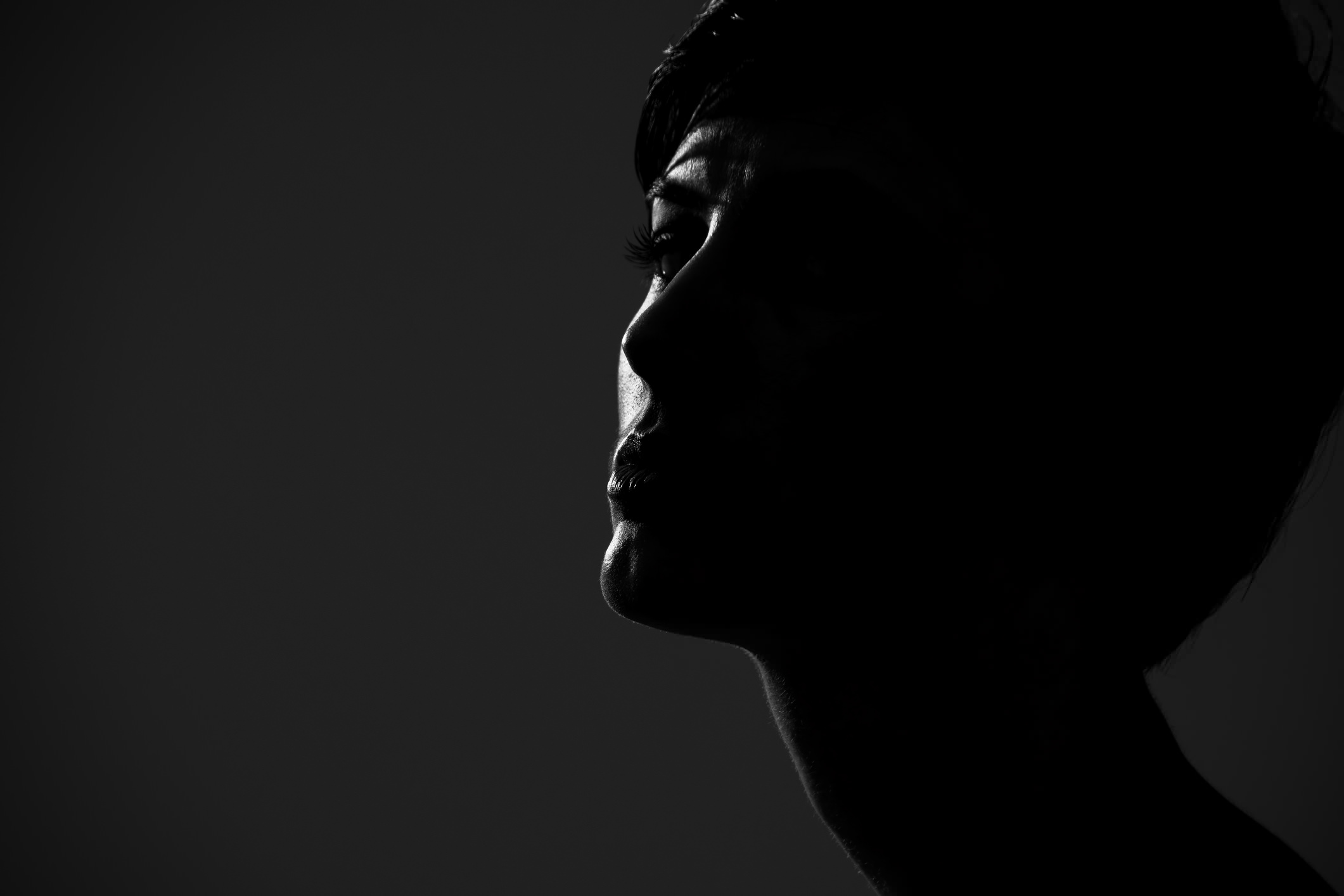
Perhaps your personal photography aesthetic is black and white minimalist portraits.
But just because that's what you like doesn't mean that's what your target market likes.
The key to growing your business is setting your personal tastes aside (to an extent, anyway) and creating products and offering services that will get butts in the seats, so to speak.
I know it sounds a little bit like selling out, but when it comes to the success of your business, you need to be flexible in terms of what you offer and to whom.
For example, let's say you have an affinity for landscape photography and that you sell a few large prints a month.
A few large prints a month isn't going to cut it, though.
So, you might expand your offerings into nature and wildlife photography to get more business.
The same goes for portraiture.
Perhaps you particularly enjoy family photography. But if family photography doesn't pay the bills, engagement sessions, weddings, and other portrait-related endeavors will need to be added to your services list.
Get some more insights into identifying your target market in the video above by Network Marketing Success.
Be Focused
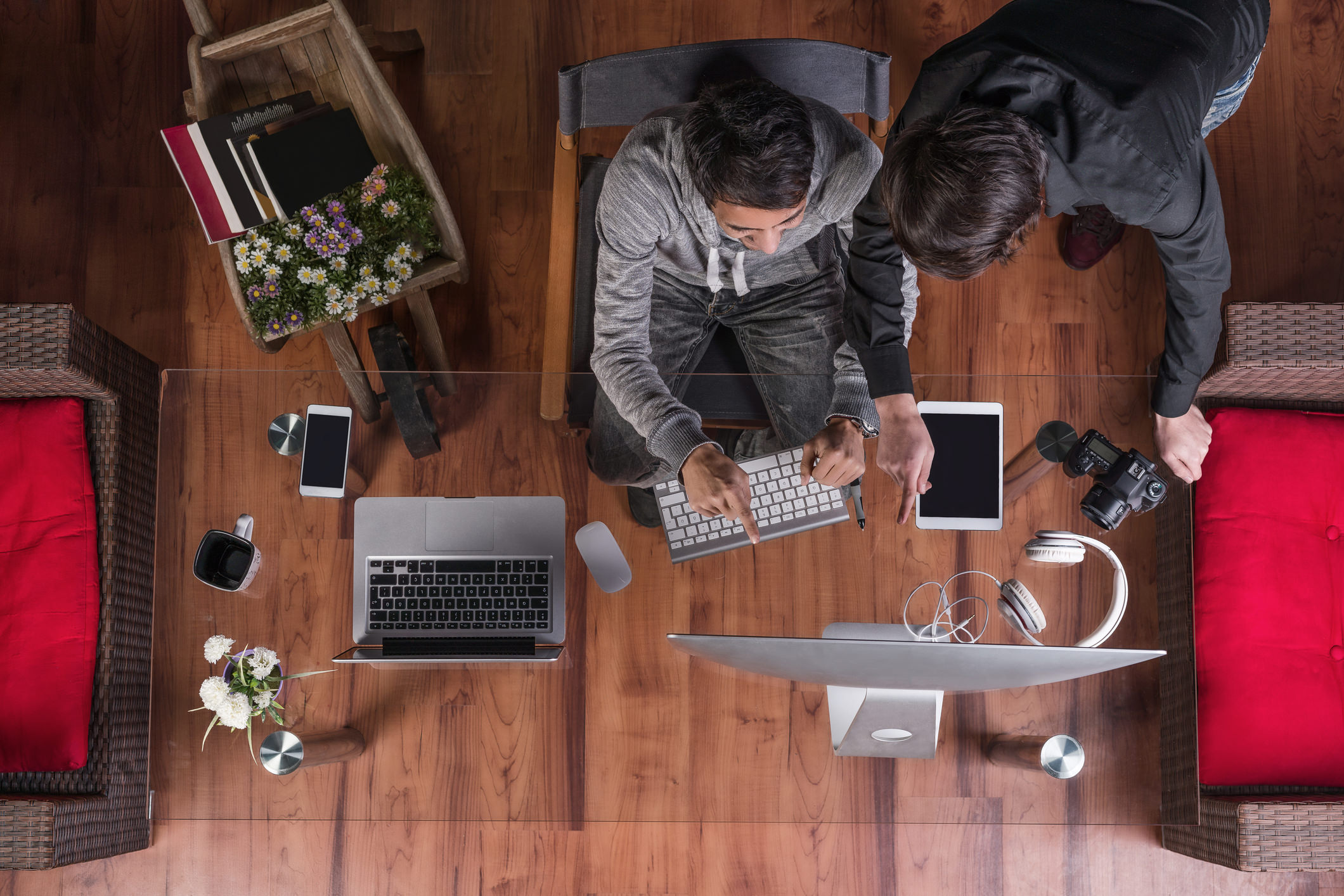
As important as it is to offer products and services that meet the needs of your target audience, you also need to be focused on what you offer to your clients.
This is a fine line because you want a large enough base to draw as many customers as possible, but at the same time, you can't be all things to all people.
In fact, the more products and services you offer, the greater the likelihood that those products and services won't be as good - there's just too much to occupy your attention to make each and every product or service its absolute best.
So, develop a good range of things you can offer your clients but without going overboard. That line will be slightly different for each photographer, but, by and large, it's usually better to do a smaller number of things really, really well than a huge number of things only so-so!
Help Others...It Will Help You
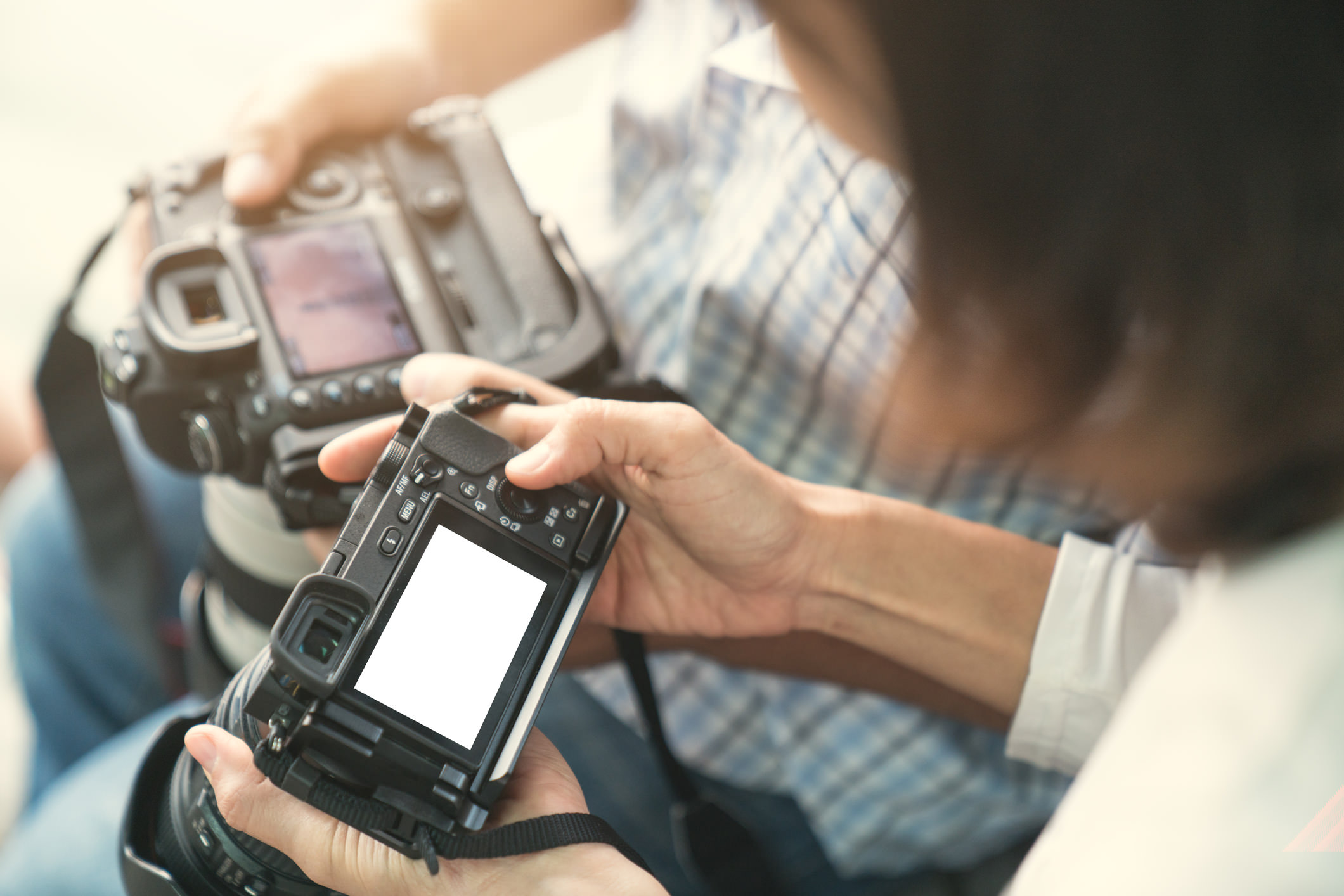
A bit of a misconception about being self-employed is that you're on your own, depending on no one but yourself for your success.
Though that's true to a degree, you can significantly grow your business by being the type of photographer that is willing to help others along the way.
For example, if you're a portrait photographer, offer your services to local charities, schools, and businesses as a way to make inroads with community members.
Not only does this help you get involved in the community, but it also helps you network with other business owners and potential clients.
For example, if you're a portrait photographer, you might volunteer to take photos of people and their pets at a fundraiser for the local animal shelter.
If you're a wedding photographer, offer to take photos at the opening of a new flower shop or bakery.
The point is that by helping others - especially those working in areas that are related to photography - you can help yourself too. Referrals and word of mouth are powerful tools, and having an army of people in the community singing your praises will certainly improve your bottom line.
Nevermind Your Competitors

Sure, to grow your business you need to be aware of who your competitors are and what they are doing.
But becoming hyper-focused on what they're doing, what their services are, and how much the charge won't really do you any favors.
After all, you can't control what they do, so spending your nights worrying about it isn't going to get you anywhere.
Instead, focus on developing short- and long-term goals that will help you grow your business. Worry about your marketing strategy. Spend time developing pricing packages that are attractive to customers and allow you to cover your bottom line (and then some).
The point is that if you focus on you, what you do well, and how to communicate that to your clients in the most effective manner, what your competitors are doing won't matter because you'll have the client base you need to grow your business over the long-term.
Get Covered

Operating your own business means you need to have the legalities worked out such that you're a legitimate business.
That means developing a business plan, hiring an attorney to work out the details of the business, having an accountant to manage your finances, and getting the proper insurance coverage.
The confusing thing about insurance, in particular, is understanding what kind of policies and coverages you need as a self-employed photographer.
Any old insurance agency might not have the expertise to help you in this regard, but National Photographer's Insurance certainly does.
As their name indicates, National Photographer's Insurance exists specifically to meet the needs of professional photographers.
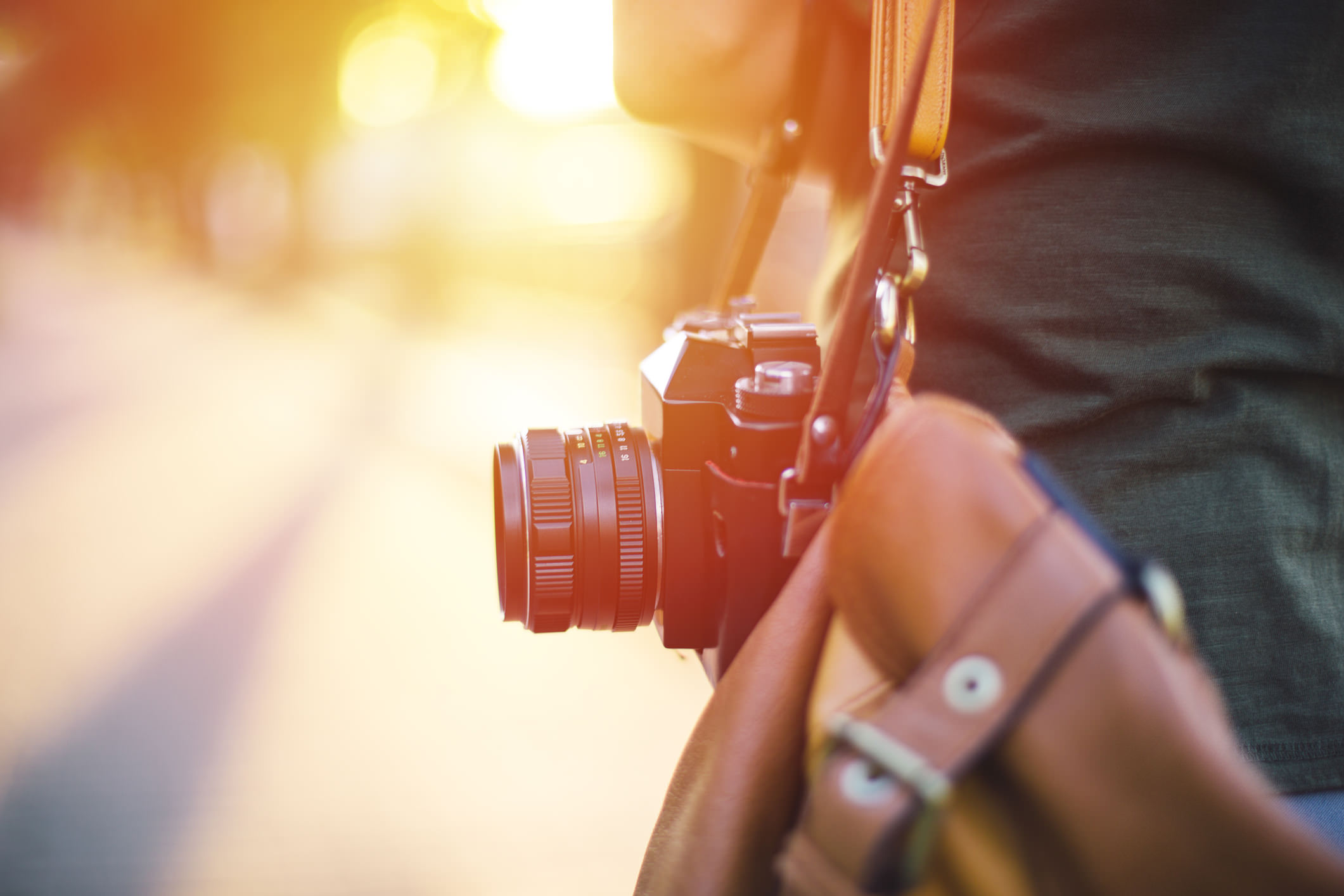
Not only does this mean that they have the knowledge and understanding of photography to help you hand-pick the coverage you need, but it also means that they understand the intricacies of running a small business. After all, they're a small business too!
With licensure in all 50 states, National Photographer's Insurance can work with you to get the policy you need, regardless of where you work.
And their coverage runs the gamut from business personal property protection to cover theft or damage to your property to equipment off-premises coverage that protects your photography gear when you're out and about at photo shoots. Of course, professional liability and general liability policies are available too in case something goes wrong along the way.
If you're operating a photography business without insurance, you're just asking for trouble. If you want to build something that's long-lasting and successful, get the right insurance coverage for your needs today. Combined with the other tips above, you'll be in good shape to create something that's successful for years to come.

